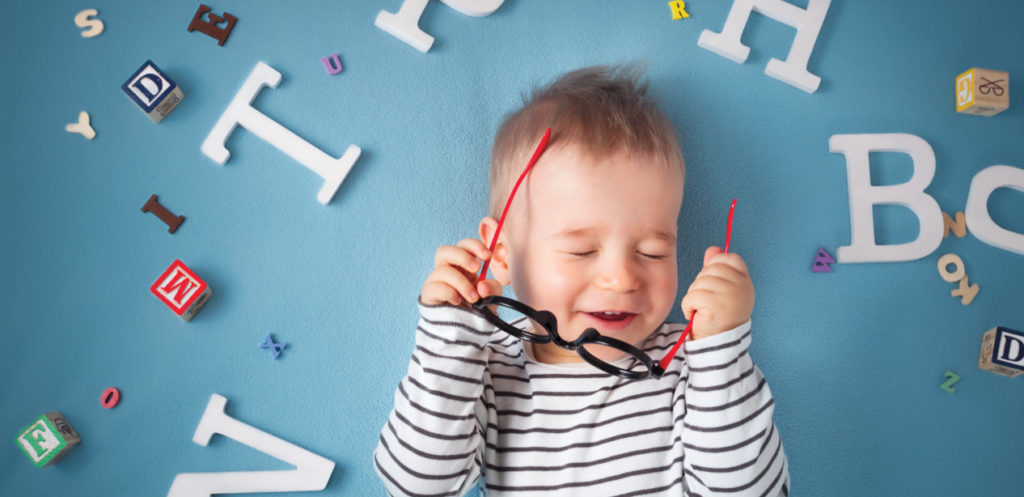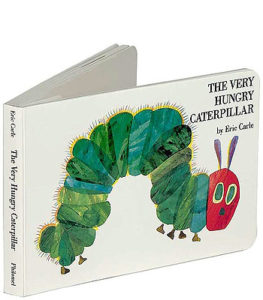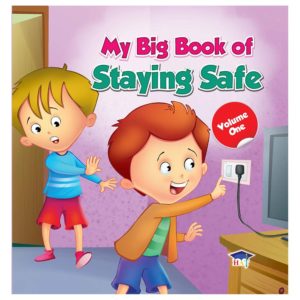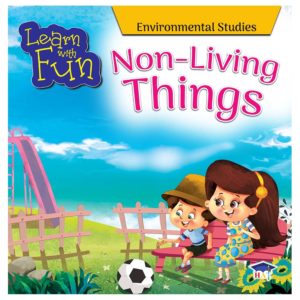Babies make many sounds since their birth. They cry, laugh, coo and gurgle. By their first birthday, they would develop a personal repertoire of vowels. Many babies tend to say “mama” or “papa” by their first birthday. That moment when your baby says his or her first word is just so precious. That is why it is important to know everything when it is time to teach your baby to talk.
Babies language develops gradually, and here is how:
-
– From birth until 6 months
This first step of language development is simply making cute little sounds like cooing. Also, babies would understand you are talking to them. Your voice would make them pay attention or turn around. Babies’ language skills and communication develops gradually until they start to turn around when hearing their name. And later on, saying their first word.
-
– 7 months to 12 months
At this age, toddlers would understand simple words and gestures like “no”. They will use them to communicate with you as well. When they turn one, they would be able to produce a word or two. But some children do so after they turn one.
-
– 13 to 18 months
This is where children’s pronunciation skills grow. At this age, they would be able to produce 10 or 20 words. Children would catch everything they hear at this age so be careful of what you say in front of them. This fun age is where you can give simple tasks to your little one like “pick your toy up”. They will also be able to ask for things like water or their favorite book.
-
– 19 months and up tp 3 years
At 19 months old, children will have learned around 50 to 100 words. They will be able to learn and point out their body parts and people’s names. Many children can make small senses at this age as well. By 3 years old, children will have a memory of 250 words approximately. They will be able to ask simple questions or for things, and understand what parents are asking them to do.
How to teach your baby to talk?
First you should know, the timeline of language development differs from one child to another. It is not a textbook. Some children do it in less time, while others take more time. So don’t worry, that is not a bad sign.
Having said that, there are some activities that help your child’s linguistic development.
1| Reading
Many experts recommend reading to children on a daily basis. And more than once a day if possible. There are many children’s books that help develop their reading skills thus their language development. Reading widen’s your children’s vocabulary. If you read daily with your children, they will have more than 1.4 million words by the time they are preschoolers.
2| Speaking with your child
Your child can’t speak, but it does not mean you can’t. Talking to your baby since birth is one of the most recommended ways to bond with your baby. Communicate verbally with your baby whenever you can. Use simple words and short sentences and pronounce them properly. Some mums use their “baby voice” or “baby language” and pronounce words incorrectly. But that is less preferred as it might affect your child’s ability to correctly pronounce those words.
3| Naming things
Many toddlers use pointing and body language to communicate. If your baby is thirsty and he points to his water bottle, you should name it for him. You can say “water”, “you want water?” or “bottle”. Eventually he will catch up and start naming it just as you do.
4| Build up sentences
Speech experts suggest that once children pronounce words correctly, parents should help them create sentences. For example, if a child says “ball”, the parents should follow that with simple sentences like “blue ball” or “get the ball”. This way, children will learn how to say sentences and describe things.
5| Limit screen time
Many studies have shown that spending too much time on electronics can delay speech for kids. Experts recommend that children between the ages of 2-5 should not spend more than one hour of screen time per day. It is best to communicate and interact with children to develop their speech skills rather than staring into a device all day.
Do those steps really work?
If parents followed these steps, and no sign of speech development appeared on children then there might be a need for a speech therapist. This is especially if a child is 2 years old and does not speak or listen to parents.









